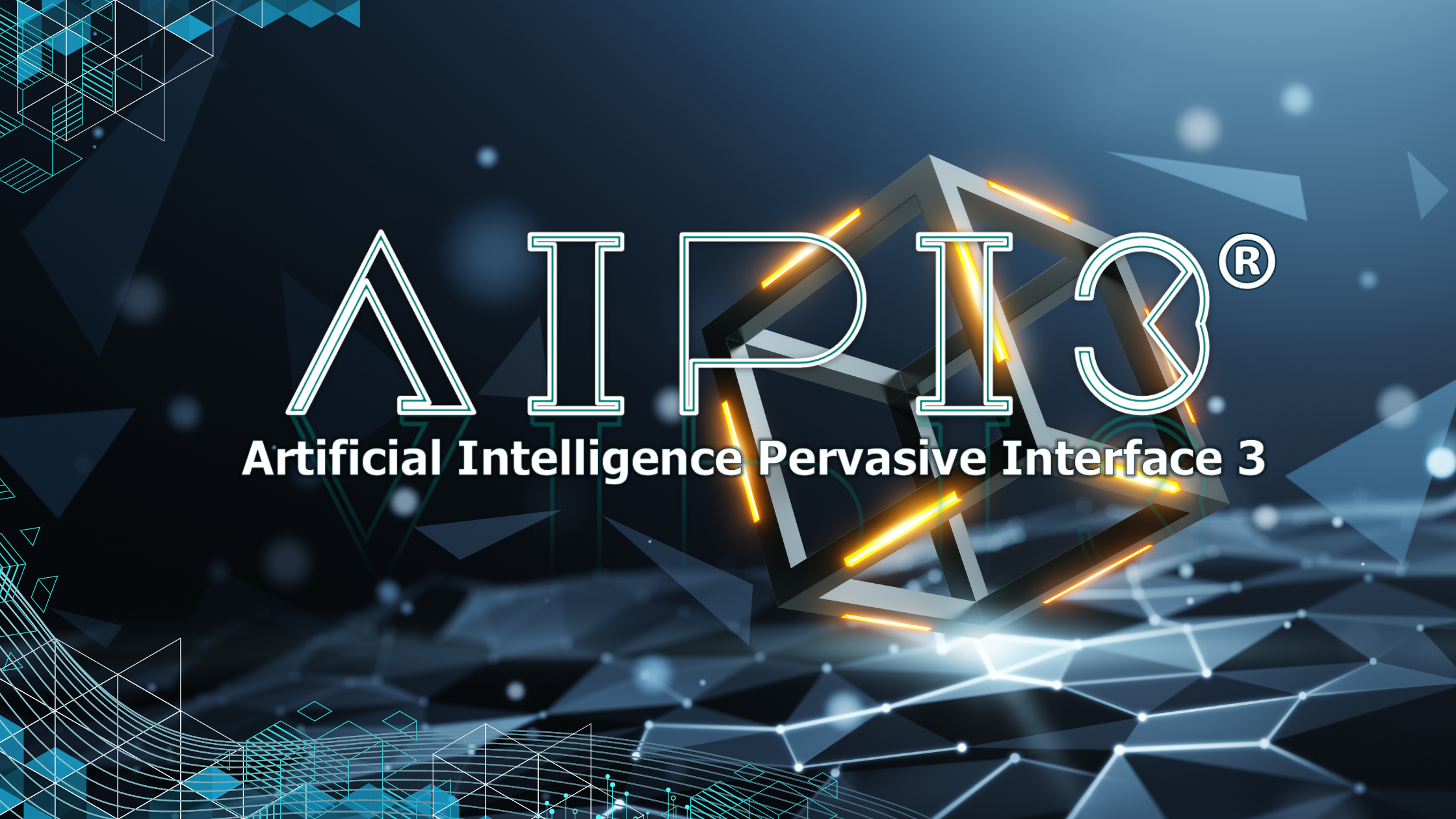Reshaping Entertainment with AI: Gaming
- By AIPI3 Data Science Team

The gaming industry is constantly evolving and innovating to develop entertaining experiences for gamers. A core aspect of game design is creating convincing illusions that blend fiction and reality. Artificial intelligence (AI) and machine learning (ML) can help create gameplay that is both immersive and compelling. Game developers can leverage AI in several ways:
Game Development
Gaming engines use sophisticated software to create virtual worlds. Games must continuously render this world as the players explore and interact with game elements. AI can improve the performance of game rendering systems of visuals, graphics, and game environments. It can make game elements more realistic by enhancing natural elements such as lighting, water, trees, etc. AI can also play a key role in developing numerous in-game assets, such as characters, objects, buildings, etc., which typically require significant amounts of time, energy, and resources. AI can build models of these assets that can be adapted to different purposes and reduce development time.
Furthermore, gaming companies can use ML to analyze enormous volumes of game data. ML can detect patterns in player behavior to reveal deep insights into gaming preferences and game element performance. Game designs can leverage these insights to improve existing games and integrate desired functionality into future games. Overall, AI can help game designers make experiences highly dynamic by making them more immersive and responsive games.
Smarter NPCs
Traditionally, non-player characters (NPCs) are programmed to behave in pre-defined ways, which can make these characters seem rigid and one-dimensional. AI integration can help game developers make NPCs smarter and more adaptive. They can also intelligently respond to player gameplay styles, in-game decisions, and game environments. Smarter NPCs can create engaging and rewarding experiences for players, which ultimately improve player satisfaction.
Game Testing
Gameplay issues can detract from the player experience and cause potentially critical failures. AI can enhance testing efficiency and effectiveness. It can optimize the detection of bugs, errors, redundancies, performance problems, or any other potential issues. Traditional testing requires game developers to enumerate and analyze as many relevant test cases as possible. AI-based testing improves the scope and breadth of testing, which allows early detection and resolution of problems that may impact gameplay. Testing is a time-consuming part of game development. Therefore, reducing testing time can result in valuable cost savings and productivity increases.
Cheating Detection
Online multiplayer games have grown massively popular over the past few years. However, these games often face challenges with cheating, which can give players unfair advantages and negatively impact the experience of regular gamers. ML solutions can autonomously monitor real-time game data, detect irregularities in user activity, and flag cheating instances. It can also detect the presence of unauthorized external code that may interfere with regular game actions. AI can adapt to evolving cheating mechanisms and develop new methods to identify and intercept them.
Interested in exploring the potential of AI in gaming? AIPI3’s machine learning solutions are driven by artificial intelligence & machine learning experts with extensive experience across a wide range of industries, specializations, and applications.
Get in touch with AIPI3 to discover how we can assist you!
